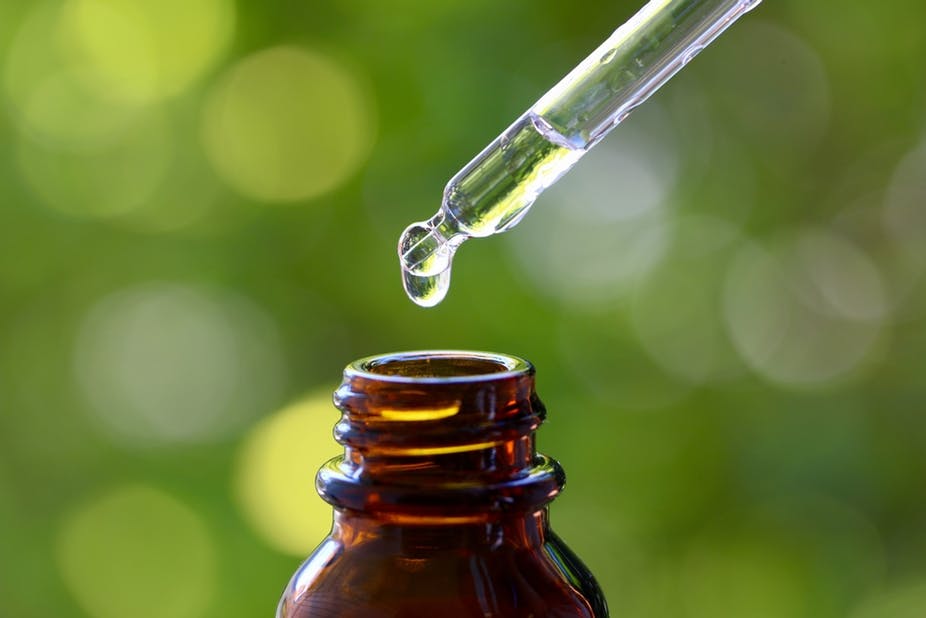Consumers are spending more than ever on natural therapies, risking their health as well as their bank balances
Spending on natural health products has now reached $1.4 billion in Australia, outstripping all other sections of the over-the-counter market.
Even pain relief products came in second place to sales of the vitamins and minerals, herbal medicines, homeopathic preparations and probiotics, raking in a paltry $537 million, according to the latest AIHW report.
This was a “triumph of hype, celebrity endorsement and regulatory inaction over science,” according to consumer advocate and public health physician, Associate Professor Ken Harvey.
With a 21% increase in sales compared with the previous year, natural health products were also the fastest growing section of the market, followed by digestive care and smoking cessation tools which saw sales grow by more than 9%.
“These results reflect the large amount of money spent on marketing these products (Swisse $50 million per annum) and the failure of the regulator (the TGA) to act on misleading and deceptive claims that target common insecurities of the public,” Professor Harvey told The Medical Republic.
Professor Harvey recently slammed the TGA’s role in allowing dubious “health” products to slip through to an unsuspecting public, at the Australian Public Health Conference in Cairns late last month.
One example was that, despite evidence against homeopathy having any benefit for asthma, “they continue to be promoted with no warning to consumers that these products can result in death if used in severe asthma”, the Monash University doctor said.
“The TGA’s latest response to these concerns was to make no decision.”
The current regulatory framework allows the majority of therapeutic good to be marketed in Australia, without TGA assessment, providing they have the label ‘AUST-L’, which signifies the product has low-risk ingredients but there has been no pre-market assessment for efficacy, safety or quality.
But Alanna Rottler, a Bachelor of Medical Science student working with Professor Harvey, showed evidence that Australians had little idea what that actually meant.
Her survey of 273 consumers found that 81% had never noticed the label, and of those who did, half did not properly understand it.
Meanwhile, the authors of a recent study in the British Journal of General Practice called on GPs to routinely ask about herbal supplement use, after their survey found that one in three older adults were taking dietary supplements and herbal medicinal supplements concurrent with their prescriptions.
Of the 155 general practice patients aged 65 or older who were surveyed, the most common dietary supplements were cod liver oil, glucosamine, multivitamins, and vitamin D, and the most common herbal medicinal products used were evening primrose oil, valerian, and a herbal concoction called Nytol Herbal which includes hops, gentian and passion flower.
“Healthcare professionals should routinely ask questions regarding use of other medications that are not prescribed,” the study authors said.
Br J Gen Pract 2018; online 25 September


